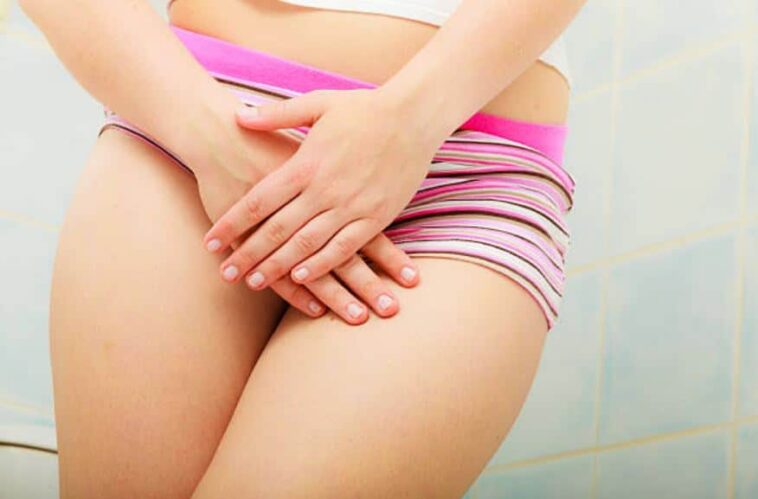A few months ago, we discussed some actions allowing women to achieve good intimate hygiene. This includes avoiding wearing tight clothing or synthetic underwear for example. It was particularly an opportunity to remember that it comes down to several things… and not just cleaning and changing underwear! Today we wanted to tell you in more detail about seven foods that keep the vagina healthy thanks to their good nutrients.
What foods for a healthy vagina?
1) Water
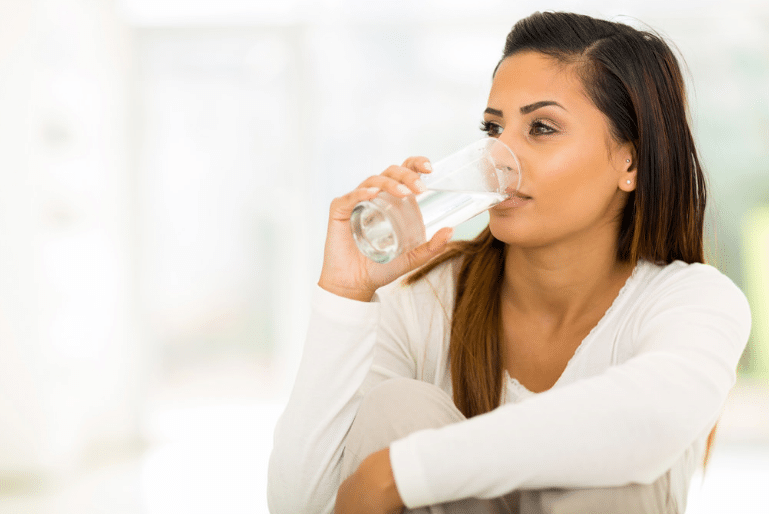
Water is the basis! It is good for the whole body and the vagina also likes this important dose of hydration which allows it not to suffer from dryness or discomfort during sexual intercourse. This allows in part to fight against bad odors from vaginal secretions.
2) The cranberry (or cranberry for the most English-speaking French speakers)
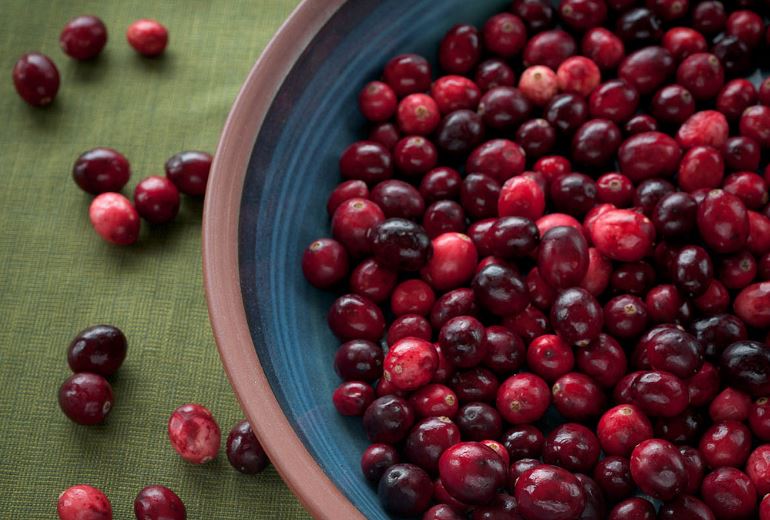
When it comes to vaginal problems and especially vaginal yeast infections (candida albicans), the first thing that comes to mind is often scarlet cranberry juice! In addition to being hydrating, because it is made up of 85% water, this berry is perfect for rebalance the pH of the vagina and offers non-stick properties that make it simply impossible for pathogenic bacteria to cling.
Attention :
In the event of abnormal white discharge (larger discharge than usual, slightly strong odor, etc.), irritation of the private parts and unpleasant itching, they do not constitute natural remedies to eliminate yeast. Being prescribed an egg and a cream by the gynecologist therefore remains important. And in case of cystitis, it is better to consult, because no natural remedy can cure it and remain without treatment could damage your kidneys (pyelonephritis).
3) Garlic
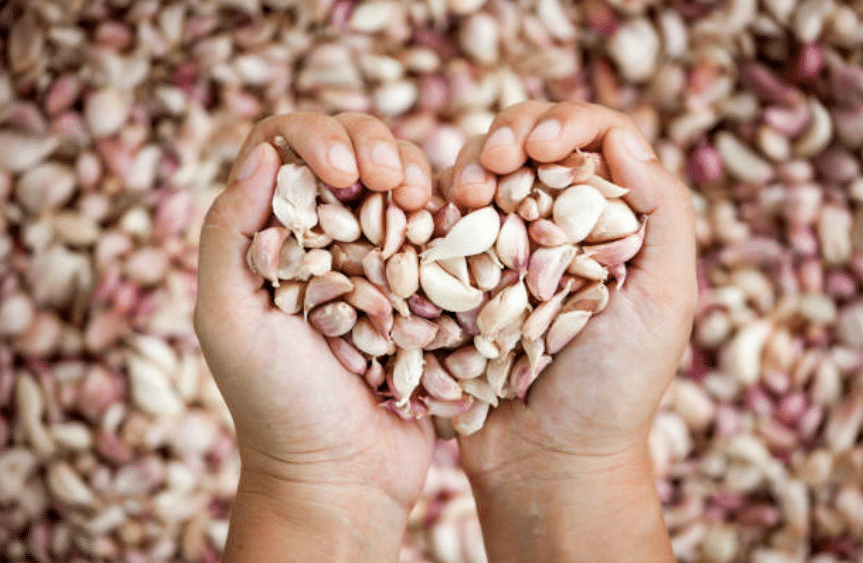
Of course, it’s not good for your breath, but it’s good for your health! Thanks to its numerous properties (notably its antifungal and antimicrobial properties), it has no equal for take care of your vaginal flora. So it’s one of the best foods for your vagina!
4) Natural yogurt
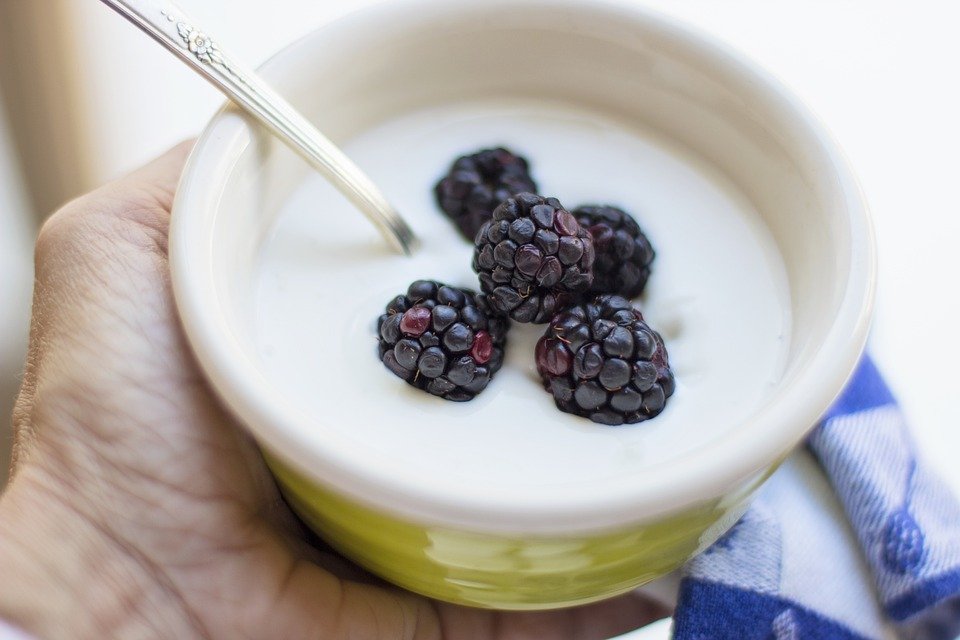
It is part of the probiotic family thanks to its richness in bacteria and yeast! The bacteria Lactobacillus acidophilus mainly interests us in this case, because it helps maintain a good pH in the vagina. It is therefore one of those foods that helps prevent infections that could affect the vagina.
5) Nuts
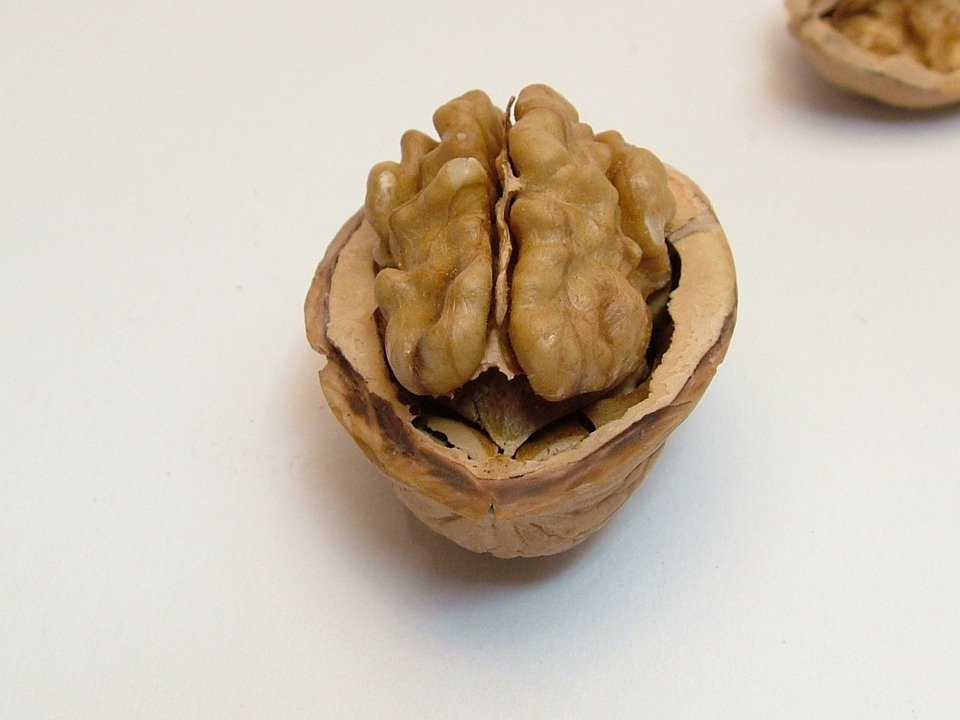
Just like whole grains or other nuts, nuts contain selenium, allowing them to be good antifungals (in addition to being a good little snack if you feel like snacking). With their vitamin E and their natural oil content, they also constitute a good protection against vaginal dryness !
6) The lawyer
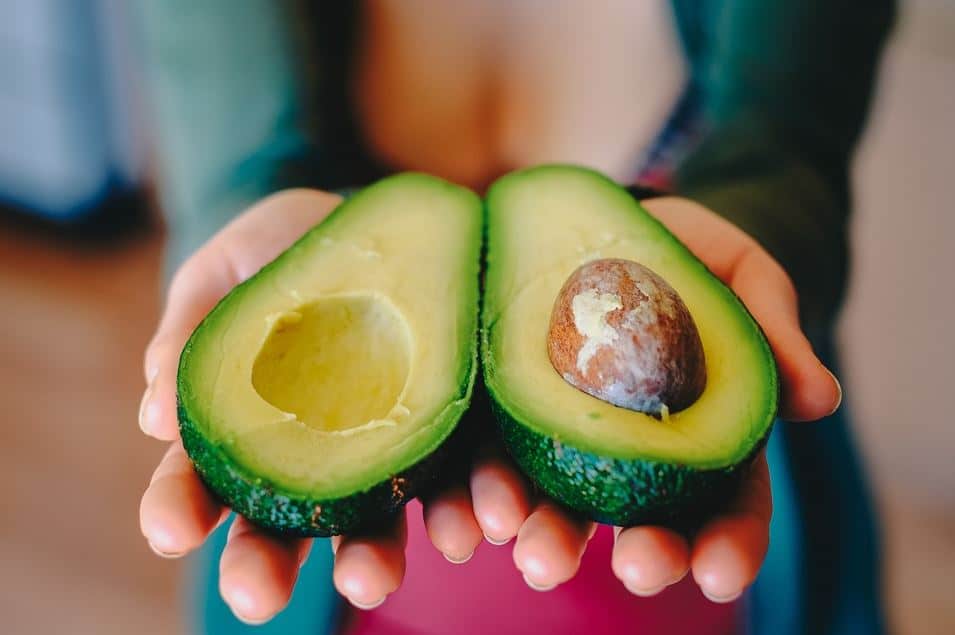
Like nuts, avocado is very beneficial for vaginal health. It is rich in healthy fatty acids, vitamin E and vitamin B6, which promote good lubrication and hormonal balance. Vitamin E helps maintain the health of mucous membranes, including the vaginal lining, while healthy fats contribute to the overall hydration of the body, reducing vaginal dryness. It is also rich in vitamin C which is also ideal for vaginal dryness and the pain that periods can sometimes cause.
7) Soy
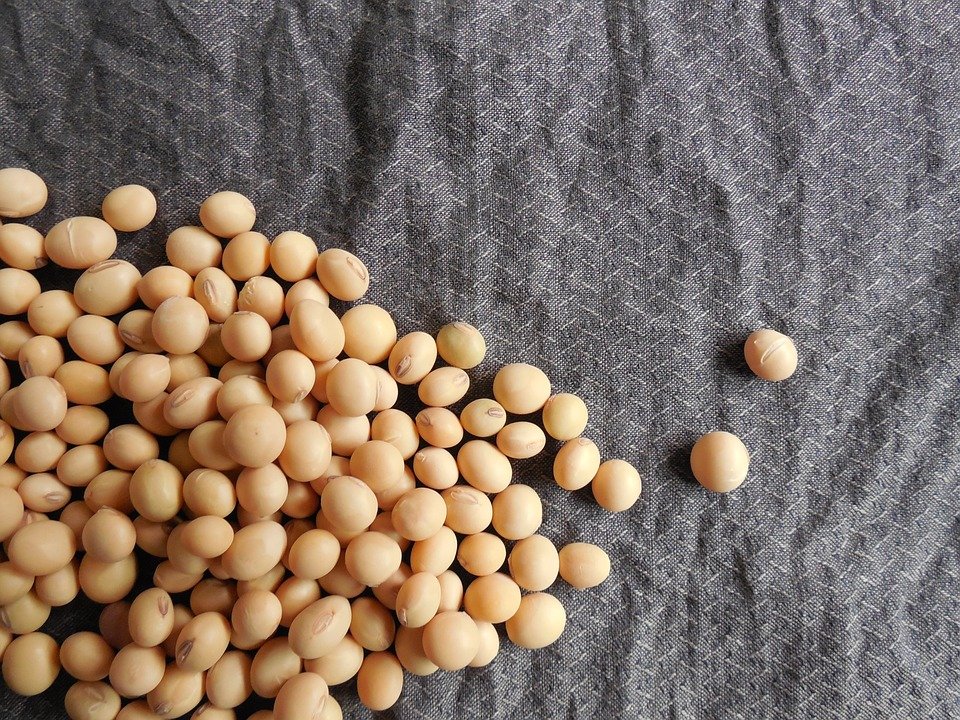
It has several uses, starting with its ability to act positively so that the vagina maintains ideal pH. It is also perfect for vaginal dryness! It contains phytoestrogens, plant compounds similar to estrogens. These phytoestrogens can help improve vaginal lubrication and reduce dryness, particularly useful for women going through menopause. Consuming soy products, such as tofu and soy milk, can therefore support vaginal health.
The added bonus: probiotics!
During antibiotic treatment, consider take a course of probiotics rich in lactobacilli. Indeed, like vaginal douches and perfumed intimate toiletries with irritating ingredients, antibiotics cause an imbalance in the vaginal flora. This therefore leaves the door open to vaginal infections. Taking probiotics will counterbalance by stocking up on good bacteria for a good balance of the flora of the vulva, particularly within the vaginal mucosa itself. This will therefore make good for your microbiota et will limit the risk of proliferation of a vaginal yeast infection.
In addition to food, what tips for a healthy vagina?
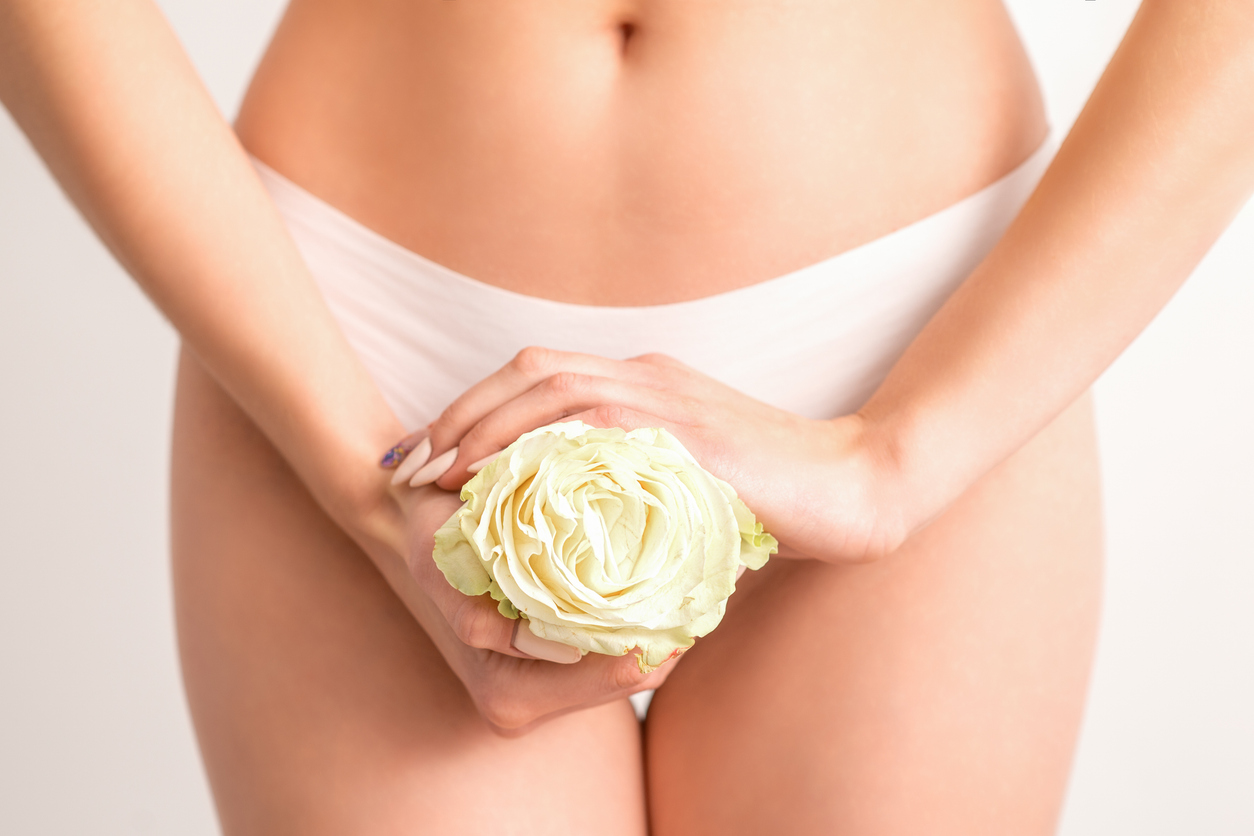
Maintaining vaginal health involves following a series of good practices beyond diet. For example, it is little known, but Kegel exercises strengthen the pelvic floor muscles, improving vaginal health and natural lubrication. Here are some other easy tips to prevent odor and dryness!
Appropriate hygiene: too much is the enemy of good
First of all, douching should be absolutely avoided. They can in fact disrupt the natural bacterial balance of the vaginawhich can lead to infections and unpleasant odors. So use only lukewarm water to clean the vulva. Avoid scented or harsh soaps which can also disrupt the natural balance of vaginal pH. Furthermore, after urinating, dry yourself from front to back to prevent the spread of bacteria from the anus to the vagina.
Clothing and underwear
Ideally, wear underwear in cotton or natural fabrics which allow the intimate area to breathe and prevent the accumulation of moisture (unlike synthetic textiles). Also avoid wearing tight clothing. which can retain moisture and create a favorable environment for infections. Additionally, change your underwear daily and after strenuous physical activities. Finally, let the intimate area breathe fresh air from time to time, for example by wearing skirts without underwear at home.
Well-chosen intimate products
Use lubricants water-based or silicone-based (or even natural lubricants) to prevent dryness during sex. Let us note in passing the importance of urinate well after sex. This can actually help eliminate bacteria that may have been introduced during sex, reducing the risk of infection. Otherwise, only use tampons, sanitary towels and unscented panty liners to avoid irritation. If you suffer from vaginal dryness, consult a healthcare professional who can recommend treatments. suitable vaginal moisturizers and consult our natural remedies for intimate dryness. If dryness is related to hormonal changes (e.g. menopause), also talk to your doctor about treatment options like hormone therapy.
Finally, see a gynecologist regularly for routine checkups to quickly detect and treat any infections or health problems. You will thus avoid many problems at the vulvar level!


